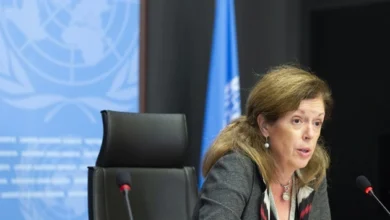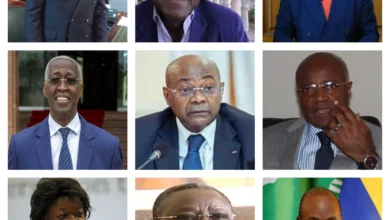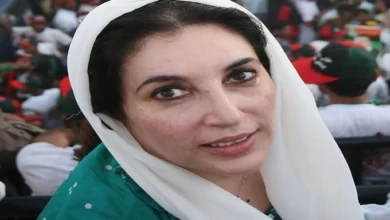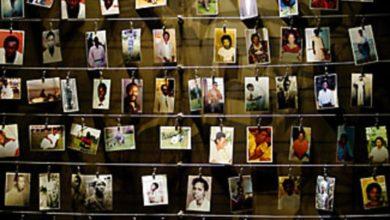Peacekeepers accused of sexual abuse, “reputation of the UN is at stake”
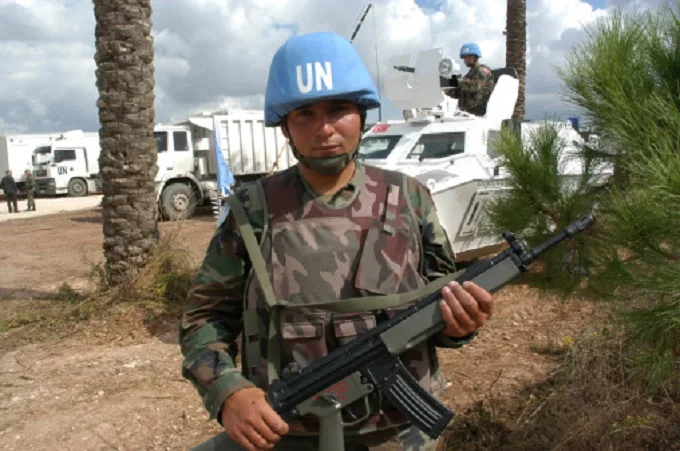
The UN ordered on September 15 the withdrawal of 450 Gabonese peacekeepers from its peacekeeping force in the Central African Republic after accusations of sexual exploitation and abuse. In the Central African Republic and elsewhere in the world, accusations of this kind against the UN forces are recurrent and jeopardize the organization’s image.
The issue of sexual violence attributed to peacekeepers during peacekeeping operations still remains topical. The subject resurfaced in mid-September in the ranks of the United Nations multidimensional integrated stabilization mission in the Central African Republic (MINUSCA).
In a statement released on September 15, the Gabonese Ministry of Defense announced the United Nations (UN) decision to withdraw 450 Gabonese peacekeepers from this peacekeeping mission after accusations of sex crimes.
“Following the many cases of allegations of sexual exploitation and abuse being processed, the United Nations today decided to withdraw the Gabonese contingent from MINUSCA […] and Gabon opened an investigation,” specifies the press release.
If the UN invokes recent allegations of “sexual abuse of five girls” in a locality in the center of the Central African Republic, the organization also stressed that its decision was also based on older facts.
In fact, in 2015, 32 allegations of sexual exploitation and abuse were recorded concerning 81 Gabonese soldiers of MINUSCA. These allegations led Libreville to open an investigation.
Only the UN has deemed this reaction insufficient so far. If the “alleged facts […] are proven, their authors will be brought before military courts and judged with extreme rigor”, this time promises the Gabonese Ministry of Defense.
“Beyond the reported facts and pending the conclusions of the investigation, the Gabonese battalion is recalled,” the ministry concluded.
Recurring facts in CAR
Since 2013, the Central African Republic has experienced two civil wars and remains the scene of clashes between armed factions that commit countless violence and abuses. A situation that persists despite the various peace agreements.
In 2014, MINUSCA was deployed by the UN, to try to end the conflict. And the 15,000 or so men who make up the contingent have the protection of civilians as their priority mission. However, accusations of sexual exploitation and abuse perpetrated by peacekeepers are legion. Some quotas have been withdrawn in the past.
In June 2017, more than 600 Congolese peacekeepers on a mission for the UN in the Central African Republic were sent home. In addition to disciplinary issues, the battalion is accused of sexually abusing at least seven people, including six children.
“Civilians see peacekeepers as a threat”
Earlier in 2014, French soldiers from Operation Sangaris, an UN-authorized peacekeeping force, who were not yet under UN command, were also accused of raping children aged 7 to 13 years. The investigation opened in Paris had finally resulted in dismissal in 2018.
Since the 1990s, cases of sexual exploitation and abuse committed by UN peacekeepers or humanitarian personnel have been reported in the context of peacekeeping missions around the world.
Cases recorded among others in Bosnia and Herzegovina, Cambodia, Democratic Republic of Congo, East Timor, Haiti, Liberia, Sierra Leone, and South Sudan, as recalled in 2016 by Human Rights Watch. Facts which, in the opinion of Hippolyte Éric Djounguep, a researcher at Trends Research and Advisory and specialist in conflicts in sub-Saharan Africa, are prejudicial to the UN peacekeeping missions: “In this heavy mission of protecting civilians, the reputation of the United Nations is at stake”.
“And as a consequence on the ground of operations, civilians in these circumstances regard the peacekeepers as a threat or an occupying force. Some cooperate with belligerent armed groups against the UN interposition and peacekeeping forces. The populations blame these Blue Helmets for all the calamities that could befall them,” according to CAR geostrategist speaking with Sputnik.
However, in matters of responsibility, the organization comes up against the exclusive jurisdiction of States. According to UN rules, it is up to the governments of the different countries to take action against their troops in terms of prosecution.
However, in addition to administrative or disciplinary sanctions, the UN has made previous commitments with member states in favor of a “zero tolerance” policy. However, to date, no national investigation has resulted in any convictions made public.

